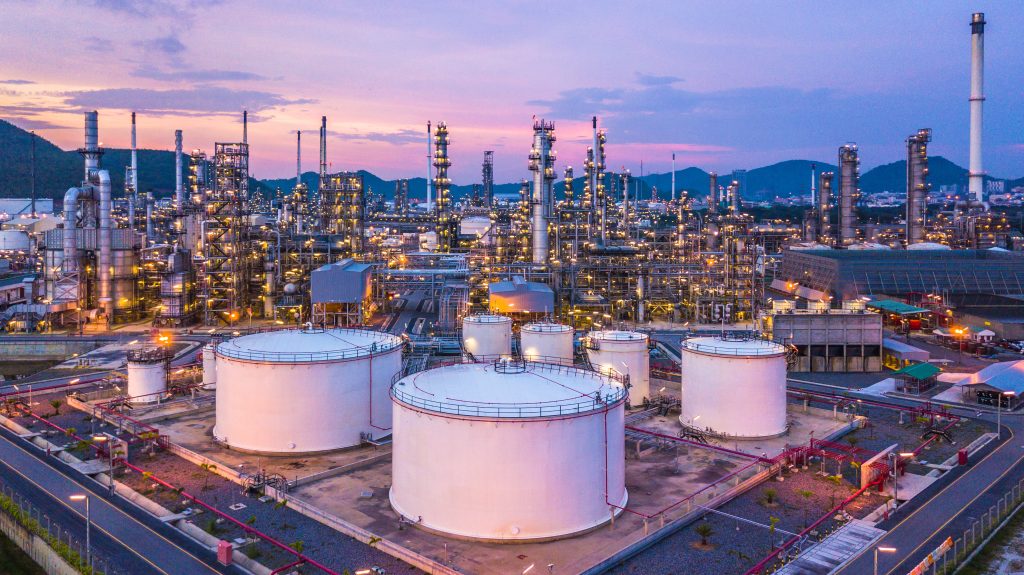Saudi Arabia has escalated the cost of its primary crude oil directed at Asian markets for the third successive month, signaling an endeavor to constrict the global oil market and stave off any potential surplus.
The state-run behemoth Saudi Aramco lifted the June official selling price (OSP) of Arab Light crude for its Asian clientele by 90 cents, setting it at US$2.90 per barrel over the Oman-Dubai benchmark. This adjustment surpassed the 60-cent hike anticipated by a Bloomberg survey of six refiners. In tandem, the kingdom adjusted the prices of other crude grades for May.
This pricing strategy underscores Saudi Arabia’s commitment to maintaining market equilibrium, despite diminishing geopolitical risks in the Middle East that have exerted downward pressure on oil prices in London. The consensus among various traders and analysts is that the Organization of the Petroleum Exporting Countries (OPEC), along with its allies, will likely prolong their production restrictions, possibly until the year’s end.
Concurrently, the oil market faces challenges such as the economic headwinds in China and a surplus of crude from non-OPEC nations like the US. There is also a discernible decline in diesel demand, which traditionally reflects economic health.
The unexpected surge in OSP for Asia, the largest oil-importing region, is poised to compress refining margins, which currently hover slightly above the five-year average for this season. South Korean refiners, feeling the pinch from reduced diesel profits, have already started to scale back their production.
While Europe experienced significant price hikes for June deliveries from Saudi Arabia, the rates for the US market remained broadly unchanged.
In April, OPEC’s oil output dipped to 26.81 million barrels per day, marking a slight decrease from the preceding month. Despite the group’s production curbs initiated at the year’s start to prevent an oversupply, the objective remains unfulfilled. Notably, Iraq and the United Arab Emirates are still producing several hundred thousand barrels per day beyond their agreed quotas.
